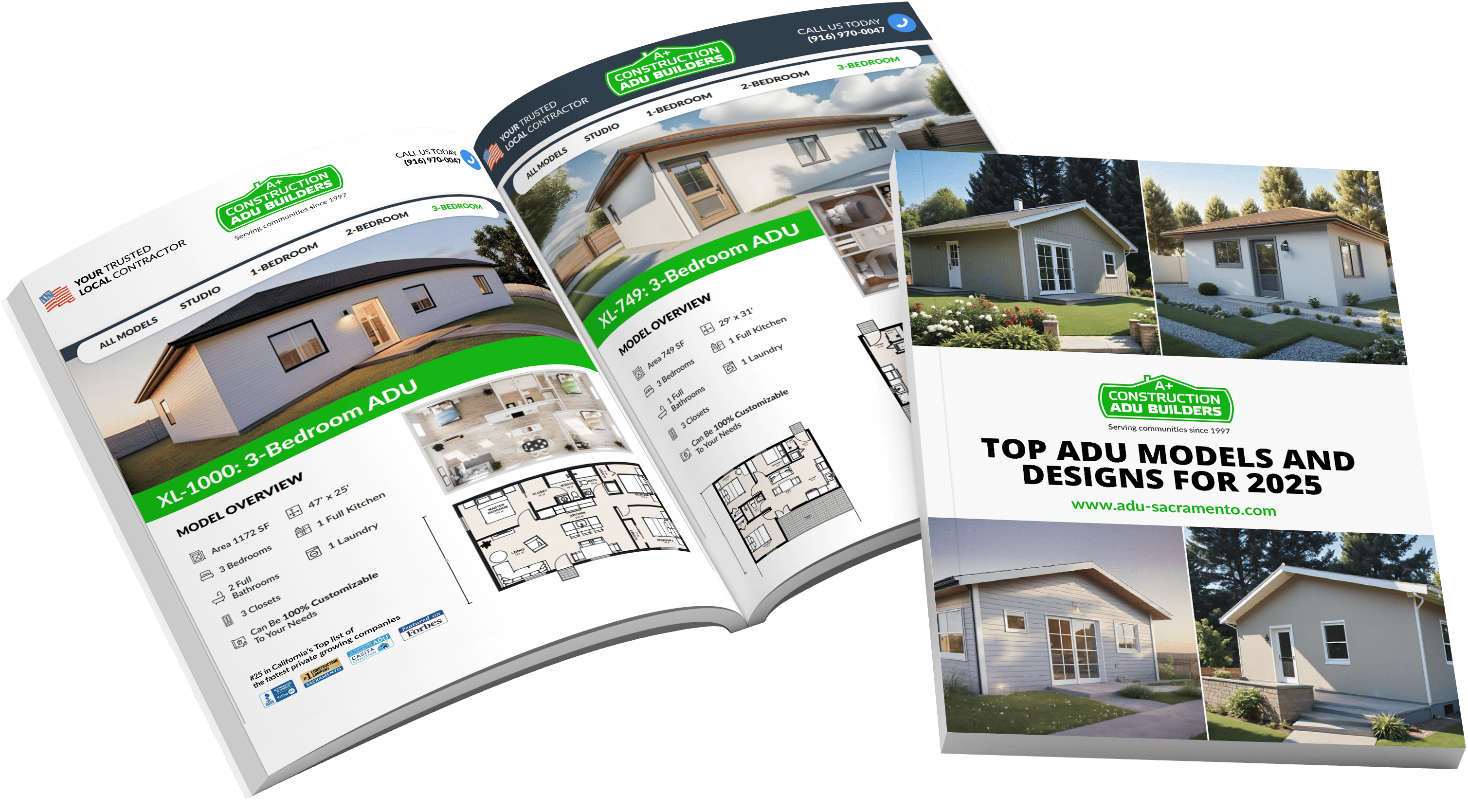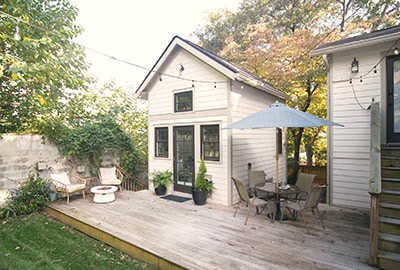





A link to download your FREE brochure will be in your inbox in 3 minutes



















The final price may vary based on project specifics.
To get a free accurate quote tailored to your needs, book a consultation with us today!

The price per square foot provided is an average and may vary depending on project-specific details such as materials, location, complexity, and other factors. Actual costs may differ from the average provided.
It is recommended to obtain a detailed quote based on the specific requirements of your project.

Please note that the monthly payment displayed on this page is an estimate and is subject to variation based on the selected loan product, applicants credit score, loan amount, and other financial details. Actual monthly payment may differ from the estimate provided.
It is recommended to seek advice from a financial advisor or loan officer to obtain precise payment information tailored to individual circumstances.
 Your Trusted
Local Contractor
Your Trusted
Local Contractor

Living in a tiny space, specifically tiny homes, has become the talk of the town in recent years, with numerous individuals making the switch. For reasons of convenience and economy, more and more people opt in favor of smaller houses rather than larger houses.
But one query continues to baffle many: how much does an average tiny house weigh? For those with a touch of wanderlust and dreams of traveling with their home, grasping the intricate details of tiny house weight is fundamental. So, let's shed light on this important issue.
When you stand before an expansive mansion and wonder, "Is all this space necessary?", or stumble upon a tiny house and feel a pull, an allure, that's the magic of the tiny house movement. A tiny home isn't just a downsized version of a regular house. It's a mindset, a deliberate choice against the backdrop of urban congestion. It's the decision to embrace the essence over excess, to focus on what truly counts.
Not merely bricks and mortar, a tiny house is a declaration of purposeful living.
Tiny homes, or tiny houses as they're often called, come with a cascade of benefits.
Venturing into the world of tiny homes? It’s prudent to weigh the pros and cons.

Tiny homes, often referred to as tiny houses, have gained significant popularity over the past few years. When considering a tiny house, one of the most frequent questions is about its average weight. So, how much do tiny homes actually weigh?
Well, the weight of a tiny house can vary greatly based on several factors.
Other weight factors may include the size of the house. The more the size, the more weight it will have. That is the reason why tiny house owners find tiny house trailer models very appealing. Yet, both different trailers frames and a classic foundation are designed to safely hold the construction.
A good rule of thumb is that most tiny homes or small tiny houses on a trailer, including their building materials and personal belongings, weigh between 10,000 to 20,000 pounds. However, this can change based on the square footage or if the house includes heavy-duty materials.
It's essential to consider the gross vehicle weight rating and tongue weight when towing a tiny house on wheels. The trailer weight and the weight of your tiny house combined should not exceed the weight limit or maximum weight allowed by your tow vehicle. Therefore, understanding your vehicle's tow rating and the gross trailer weight is crucial for safety.
Another point to consider is the weight distribution on the trailer. Weights should be distributed in the same way you would with any other trailer. The front-end weight, known as the tongue weight, should be 10-15% of the total trailer's actual weight.
Whether you're looking into smaller models or more extensive houses, it's crucial to be aware of the weight factors and how they might affect your ability to tow.
Remember, while weight is a crucial factor when considering a tiny home, it's also essential to think about the square foot space, design, and functionality. With so many choices in building materials, from metal frame to low VOC insulation, potential tiny house owners have a myriad of decisions to make to ensure their home is both functional and safely towable.
Tiny homes, or tiny houses, beckon with more than just promises of downsized space or weight considerations. They offer a dream, a desire to find that cozy corner in this expansive universe. It's about recalibrating what's crucial, fostering deeper connections, and tuning into our surroundings. Whether driven by the allure of simplicity, fiscal prudence, or the minimalist lifestyle, remember: it’s not merely about living with less, but more about living with intent.
As you reflect on how much tiny houses weigh, perhaps, reflect on the weight of your desires and how a tiny house might just be your vessel of dreams.
No, it depends on size, materials, and interiors.
Dry weight is a house weight, notwithstanding personal belongings and furniture. It is the weight of a bare tiny house construction.
Ensure your vehicle's tow rating matches your home's weight.
Certainly, the choice of materials (affecting weight) can impact durability. Stronger materials will weigh more, so it's important to strike a balance between durability and lightness.
Yes, different regions have varying weight limits for towing.
Choose lighter materials and adopt a minimalistic approach.
Possibly, especially if moved frequently.
It depends on towing capacity and roads. Always prioritize safety.
Yes, they can offer enhanced stability, especially in rough weather.
Get a First Look at Real ADU Projects